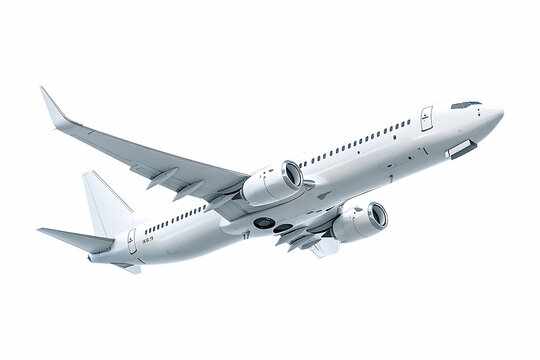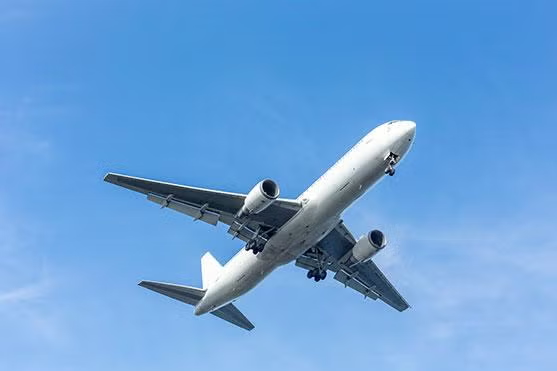
The Cathay Pacific Flight Delay Compensation was created to ensure that passengers are fairly treated and properly compensated when travel plans are disrupted. Delays can be stressful and inconvenient, but knowing your rights as a traveler can make all the difference. Cathay Pacific, one of Asia’s most respected airlines, follows a transparent and passenger-friendly approach to handle such situations. Whether the delay is short or extends for several hours, the airline’s compensation system aims to minimize inconvenience and provide timely support for its passengers.
Why Flight Delays Occur
Air travel, while efficient and modern, can sometimes be affected by unforeseen circumstances. Delays can happen due to severe weather conditions, air traffic congestion, mechanical issues, or operational restrictions at airports. While Cathay Pacific works tirelessly to maintain punctuality, certain delays are beyond the airline’s control. However, when delays are caused by factors within its responsibility—like technical faults or crew scheduling problems—the airline ensures passengers receive appropriate compensation or assistance in line with its policy and international aviation regulations.
Understanding Passenger Rights
Passenger rights regarding delayed flights are governed by international conventions and regional laws. The Montreal Convention, which Cathay Pacific adheres to, outlines compensation eligibility for passengers who face long delays or disruptions. Under this agreement, if a delay causes significant inconvenience or financial loss, the airline may owe compensation. Furthermore, depending on the location, additional laws—like the European Union Regulation 261/2004—may apply to certain routes. These rules guarantee passengers the right to care, rebooking options, and financial reimbursement based on the duration of the delay and the reason behind it.
Eligibility for Compensation
Not every delay automatically qualifies for compensation. Eligibility depends on specific conditions such as the cause of the delay, its duration, and the distance of the flight. Typically, passengers become eligible for compensation if their flight is delayed for three hours or more due to reasons under the airline’s control. Factors like crew shortages, technical failures, or aircraft maintenance issues generally qualify. However, delays caused by extraordinary circumstances—such as bad weather, political unrest, or airport closures—are exempt, as these are beyond the airline’s control.
How Compensation is Calculated
The amount of compensation depends on several factors, including flight length and total delay time. For example, flights delayed by three hours or more may qualify for fixed compensation amounts under international standards. For long-haul routes, this compensation may be higher, recognizing the greater inconvenience caused to passengers. In cases governed by the Montreal Convention, compensation may also cover actual damages or expenses incurred by the delay, such as missed connections, hotel stays, or meals. Cathay Pacific evaluates each case fairly to ensure passengers receive appropriate remedies.
Immediate Assistance During Delays
Apart from financial compensation, Cathay Pacific also provides essential care to affected travelers. When flights are delayed for extended periods, passengers receive complimentary meals, refreshments, and access to communication facilities such as phone calls and Wi-Fi. If the delay extends overnight, the airline arranges hotel accommodation and transport to and from the hotel. Passengers can rely on Cathay Pacific’s ground staff for real-time updates and logistical assistance. This immediate care reflects the airline’s dedication to customer comfort and satisfaction.
How to File a Compensation Claim
Filing a claim for Cathay Pacific Flight Delay Compensation is straightforward. Passengers can submit their requests directly through the official Cathay Pacific website or via the customer service team. To file a claim, travelers must provide essential information such as their booking reference, flight number, and delay duration. Supporting documents—like boarding passes, tickets, or receipts for expenses—should also be included. Once submitted, the airline reviews the claim and typically responds within a few weeks. Accurate documentation helps ensure that claims are processed smoothly and efficiently.
Timeframe for Submitting Claims
There is a specific timeframe for passengers to submit compensation claims, which varies based on local and international regulations. Under the Montreal Convention, passengers generally have up to two years from the flight date to file a claim. However, Cathay Pacific encourages passengers to act as soon as possible after their flight disruption. The sooner a claim is submitted, the easier it is for the airline to verify details and provide timely compensation. Prompt action helps travelers avoid unnecessary complications or claim rejections.
Situations Not Covered by Compensation
While Cathay Pacific strives to accommodate and compensate passengers fairly, there are certain situations where compensation does not apply. These include delays caused by extreme weather conditions, airport strikes, natural disasters, or air traffic control decisions. Such events are categorized as “extraordinary circumstances” under international law. Even in these cases, Cathay Pacific prioritizes passenger care by offering rebooking options, refreshments, and accommodation if needed. The airline’s commitment to passenger welfare remains strong, even when financial compensation is not possible.
Benefits of Travel Insurance
Travel insurance can be an additional safeguard for travelers facing flight delays. Some insurance policies cover extra costs such as meals, accommodation, or alternative transport arrangements that may not be fully reimbursed by the airline. Cathay Pacific encourages passengers to review their travel insurance coverage before flying to ensure they are protected in all scenarios. Combining insurance benefits with the airline’s compensation policy provides a comprehensive safety net against unexpected travel disruptions.
Communication and Transparency
Clear communication is a cornerstone of Cathay Pacific’s approach to managing delays. The airline promptly informs passengers about flight changes through text messages, emails, and announcements at the airport. Travelers can also use the Cathay Pacific app or website to check real-time flight status updates. This proactive communication helps passengers plan accordingly, reducing uncertainty and frustration. The airline’s transparent approach demonstrates its respect for passengers’ time and commitment to maintaining trust.
Tips for Passengers During Delays
Passengers can take proactive steps to manage delays effectively. Keeping all travel documents, receipts, and boarding passes organized makes it easier to file compensation claims later. Staying informed through official Cathay Pacific channels ensures that passengers receive accurate updates. It’s also wise to remain calm and cooperative with airport staff, as they are there to assist in resolving the situation. Understanding your rights under the airline’s policy gives you confidence and control, even when faced with unexpected disruptions.
Conclusion
The Cathay Pacific Flight Delay Compensation policy is built around fairness, care, and transparency. It ensures that passengers affected by delays receive appropriate financial reimbursement, immediate assistance, and continuous communication. While some disruptions are beyond the airline’s control, Cathay Pacific consistently strives to reduce inconvenience through rebooking options, refreshments, and accommodation when necessary. Passengers who understand their rights and act promptly can make the most of the compensation process. With its commitment to service excellence and passenger satisfaction, Cathay Pacific continues to uphold its reputation as one of the world’s most dependable airlines—ensuring that travelers are protected and cared for, even when plans don’t go as expected.


















Write a comment ...